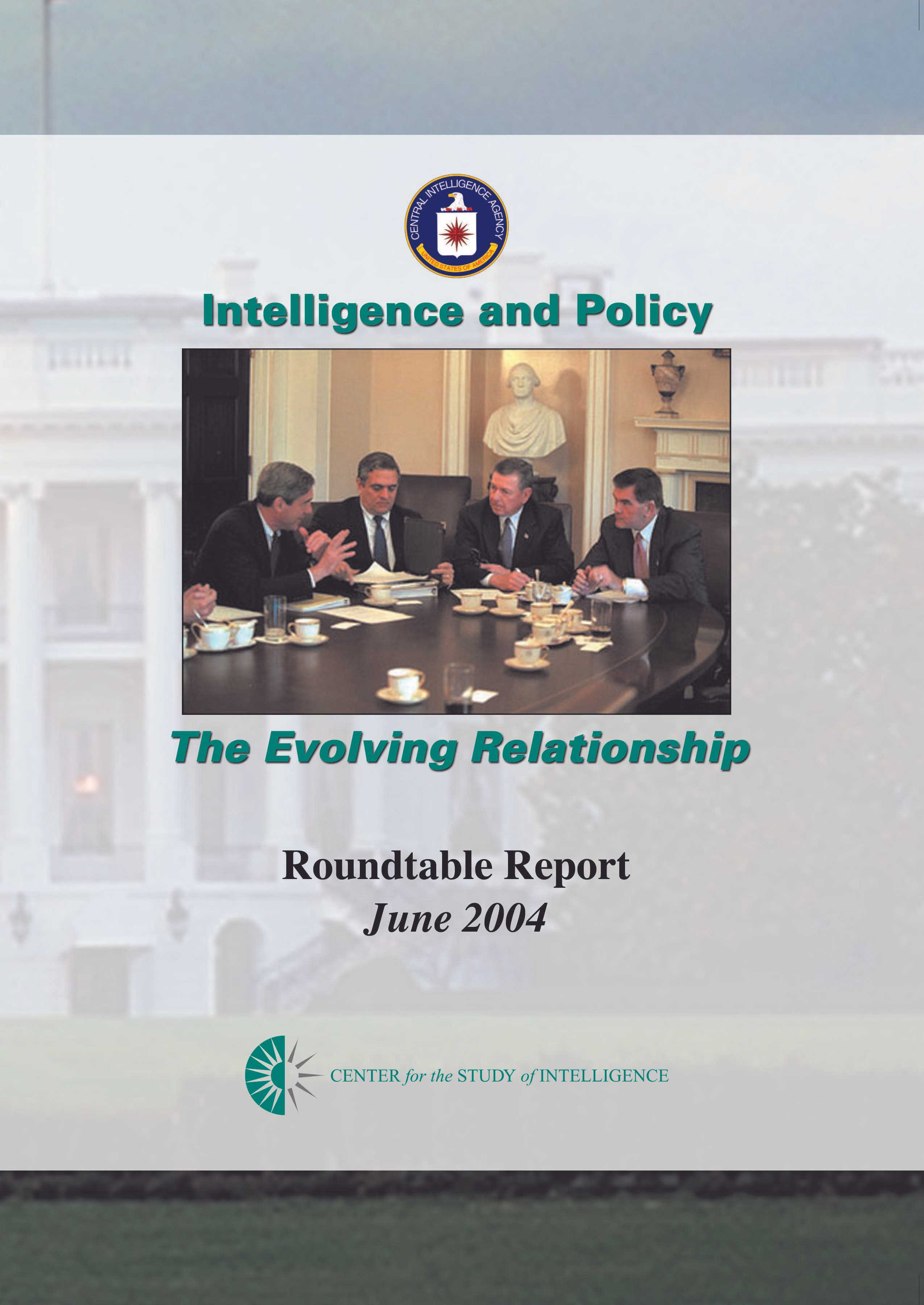Introduction
As became abundantly clear during a conference sponsored by CIA’s Center for the Study of Intelligence (CSI) in Charlottesville, Virginia, on 10 and 11 September 2003, the challenges that face the US Intelligence Community in the aftermath of the terrorist attack on the United States two years earlier are perceived by members of that community as being far more complex, demanding, and consequential than any they have heretofore encountered. That conference brought together an experienced group of national security specialists from the intelligence and policy communities to discuss Intelligence for a New Era in American Foreign Policy.
Not long after the Charlottesville conference, Dr. James Steiner, CIA’s Officer in Residence and Associate at the Institute for the Study of Diplomacy (ISD) of the Edmund A. Walsh School of Foreign Service at Georgetown University, coordinated an effort to answer one of the challenging questions that have arisen in the changed post-9/11 security environment: how can the Intelligence Community effectively provide “actionable” intelligence while being mindful of its traditional practice of separating, to the extent possible, the intelligence and policy functions of national security decisionmaking. The resulting one-day roundtable conference became for CSI the first in a planned series of projects on intelligence and policy intended to foster better understanding of the often-perplexing dynamic between the consumers of intelligence and intelligence professionals.
The roundtable, Where Is the Red Line? Actionable Intelligence vs. Policy Advocacy, took place on 10 November 2003 at Georgetown University. Instead of using a conference format, with formal papers and designated commentators, the roundtable was conducted as a discussion among a relatively small circle of participants, divided about equally between professional (current or former) intelligence officers and senior intelligence consumers drawn from the ranks of former policymakers. Ambassador Thomas Pickering, former Under Secretary of State for Political Affairs, and a former Deputy Director of Central Intelligence, Richard Kerr, served as cochairmen. In addition to the cochairmen, participants included 16 serving and former senior officers from CIA, other IC agencies, the US military, the State Department, and academe. (The participants are identified in the PDF of the report, link provided below.)
The summary of roundtable proceedings in this monograph does not attempt to recapitulate the discussions in detail. It attempts, rather, to focus on the most salient points made by the participants as they considered a set of key questions drawn up in advance by the roundtable sponsors. These questions will be found at the conclusion of the text. Readers will note that some of the questions were discussed more extensively than others.
Those interested in sampling the tenor of the discussions may refer to the italicized excerpts contained in each section, the titles of which follow:
- The Policy Community-Intelligence Community Nexus
- The Intelligence Community Views Its Customers
- What Policymakers Want From Intelligence
- The Evolving Role of the Intelligence Community
- Keeping Up with the Competition
- Challenges for Analysts
- Challenges for the DCI
- The Elusive Red Line 13
- Key Questions
